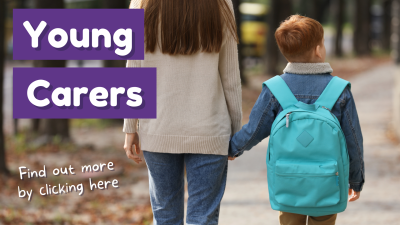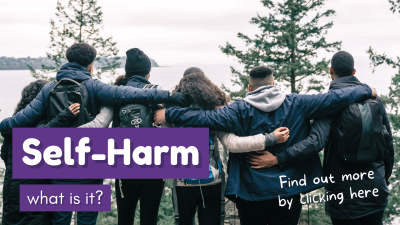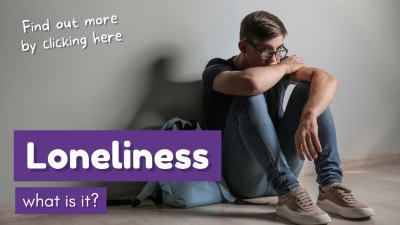Grief & Mental Health
What is Grief?
Find out more about grief and why you might feel this way...
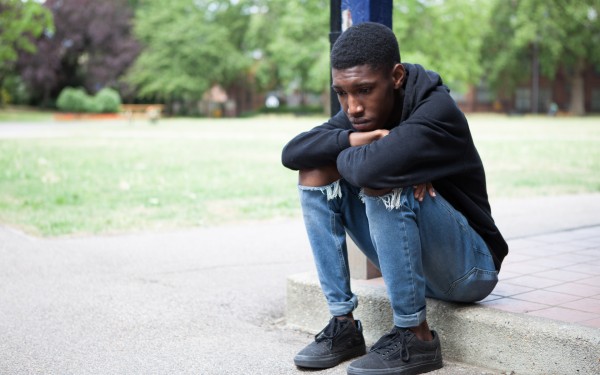

What is Grief?
We all experience loss at some point in our lives, but this can be difficult to come to terms with. Losing someone can be a big shock and feel very sudden, even if the person has been unwell for a long time.
Grief (sometimes called 'bereavement') comes in many forms and can be about a variety of things. You may be grieving the loss of:
- A family member
- A pet
- A close friend or friend of a friend
- Someone you know from school, college or university
You could also be grieving the loss or change of a relationship, such as when someone moves away or isn’t a regular part of your life anymore.
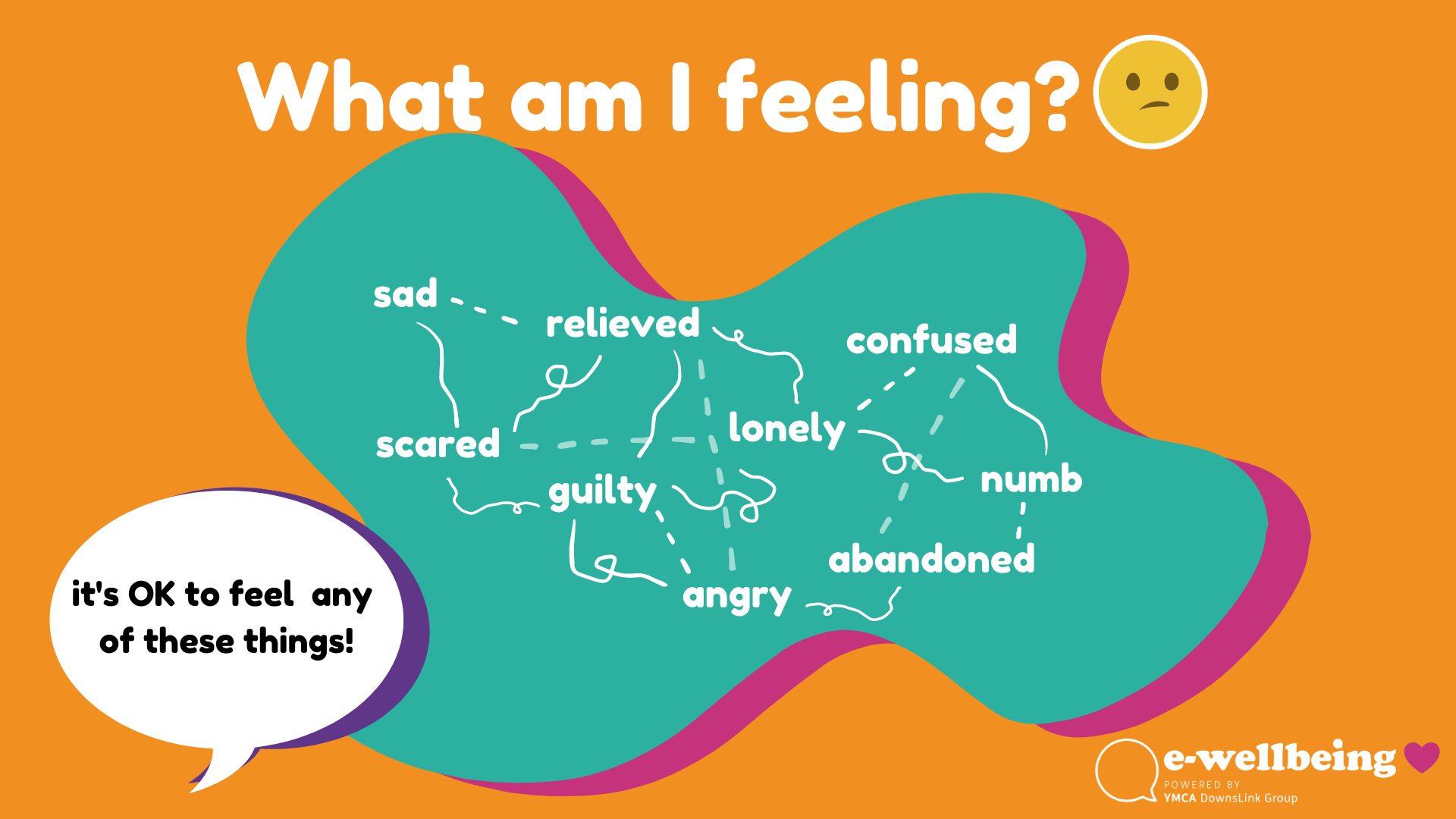
Why do I feel this way?
Grief can feel like a lot of different emotions and although many of us experience it, grief can be felt and expressed in many ways.
There is no ‘one size fits all’ when it comes to grief. Some people may feel strong emotions such as anger and panic, while others may feel numb. Remember; it’s OK to feel how you’re feeling.
Is grief affecting your life?
Grief can affect us physically as well as mentally. You may find it hard to get to sleep or to get out of bed, have difficulty concentrating (e.g. at school), or your appetite may have changed.
For some people grief may lead to, or be affected by, low mood and this can get in the way of everyday life. You can find out more about what to do if you’re feeling low here
Check the boxes if you have been experiencing any of the following for two weeks or more:
How do I cope with my grief?
Find out how other manage their grief and ways you can help yourself.
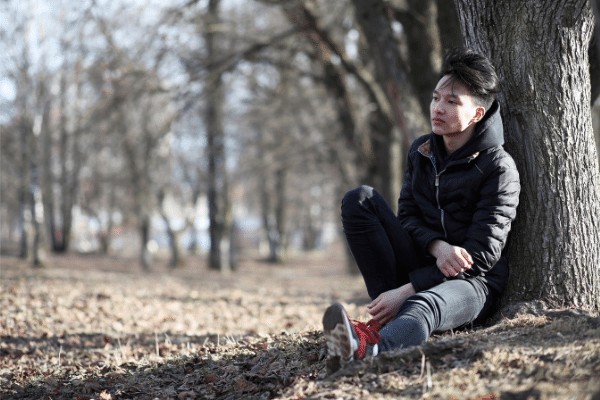
It's OK to feel this way
No matter what you’re feeling, your feelings are valid.
Here’s Charlotte – a Humanistic Counsellor and e-wellbeing's Digital Content Creator – talking about different ways to cope with and express grief.
If you're struggling with grief and want to speak to someone, Winston's Wish provides support and advice through their Freephone National Helpline:
Phone - 08088 020 021 (9am-5pm Monday to Friday)
Email - [email protected]
For more information, you can check out their website here.
If you live in Sussex and would like to talk to someone locally about how you're feeling, you can also visit our mental health services page here.

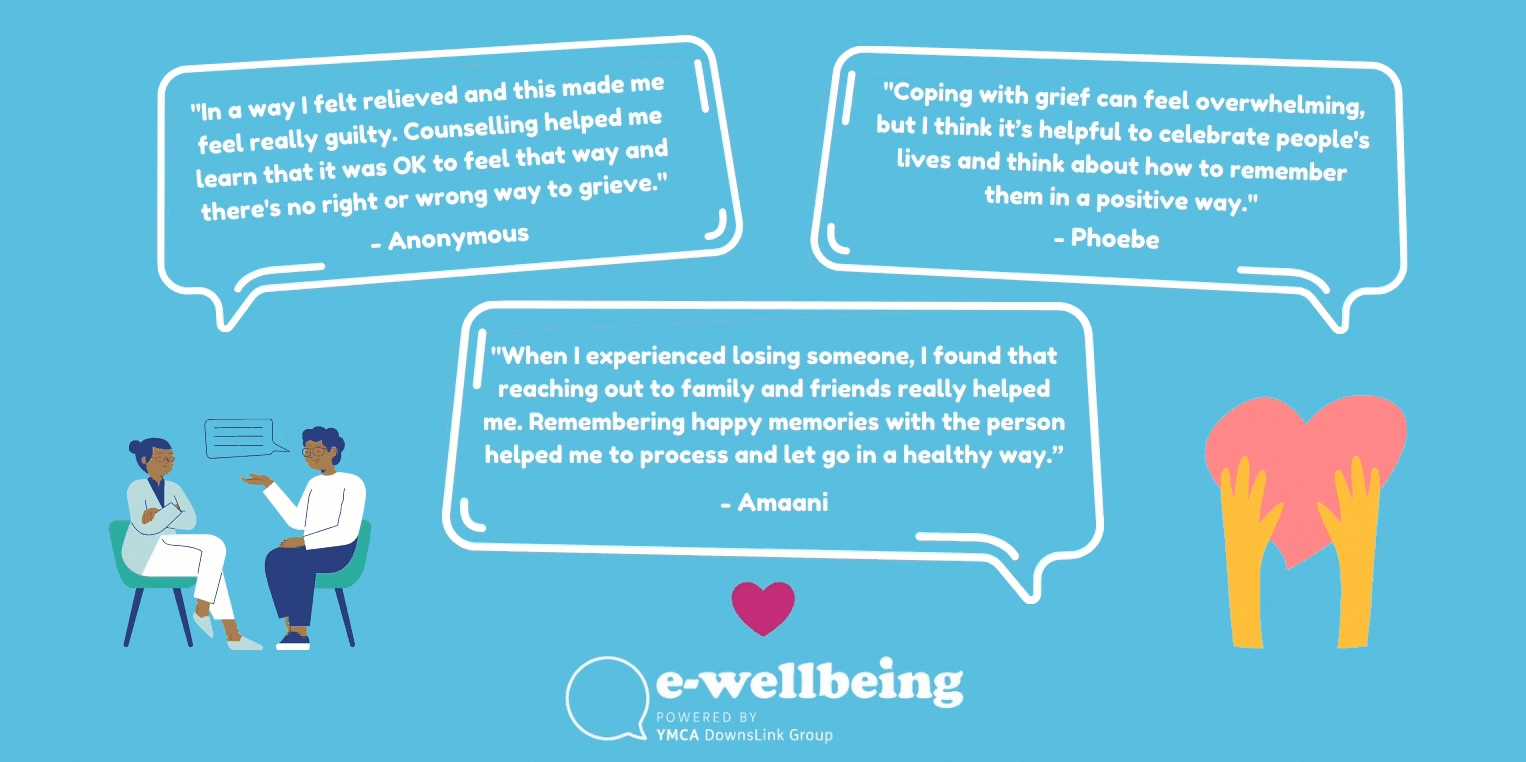

Ways to manage your grief:
Stay in touch: speak to or spend time with people you trust, even if it’s not about your loss. If you can’t see each other in person, try having regular video or phone calls with friends and family.
Sit with your feelings: if you’re feeling overwhelmed, it can help to slow down and acknowledge your feelings. Make space for yourself through meditation or mindfulness using apps such as Headspace.
Coping with Grief
Express yourself: find a creative way to process your grief – try expressing your feelings through painting or music, by trying a new form of exercise, or through writing in a journal.
Share memories: reflect on the time spent with your loved one, perhaps through creating a memory box or sharing photos and stories with people you trust.
Get the support you need: join a support group, talk to someone you trust, or seek further support such as counselling. And remember; it’s OK to ask for help.
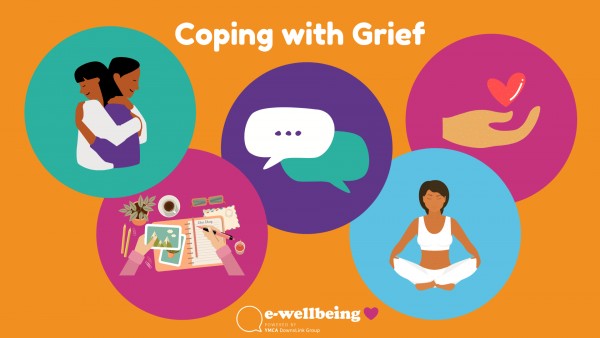
How can I say goodbye?
Find out about different ways to say goodbye when you are going through grief...

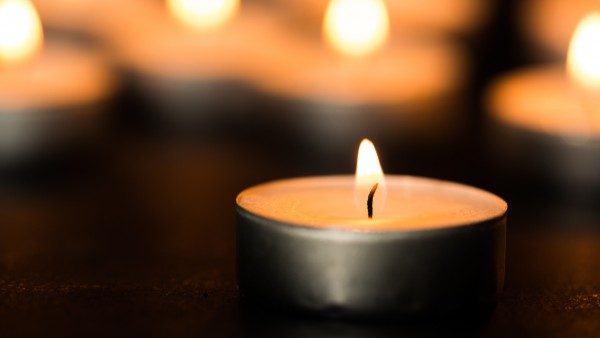
What happens when someone dies?
When a person dies, there is usually an event that takes place after their death. This may be referred to as a funeral, burial, or cremation service and how it is carried out may depend on the person’s family traditions and religious beliefs.
Going to a funeral may seem scary and upsetting, but it can be a helpful way to say goodbye to the person you’ve lost. It can give you a space to share memories of the person, while feeling supported by your family and friends who are also grieving.
However, not everyone feels comfortable going to funerals, and that’s OK. If you don’t feel able to attend, speak to a family member you trust and ask that they respect your decision.
Coronavirus and grief
Many of us are feeling worried about getting ill or losing someone to Coronavirus. We are living in a scary and uncertain time, and it’s normal to feel anxious about losing loved ones.
If someone close to you has died during the Coronavirus pandemic, you might be feeling scared and angry about this. You may have some unresolved feelings if you were unable to see the person or say goodbye due to Coronavirus restrictions.
For further support and advice you can check out our Coronavirus module here
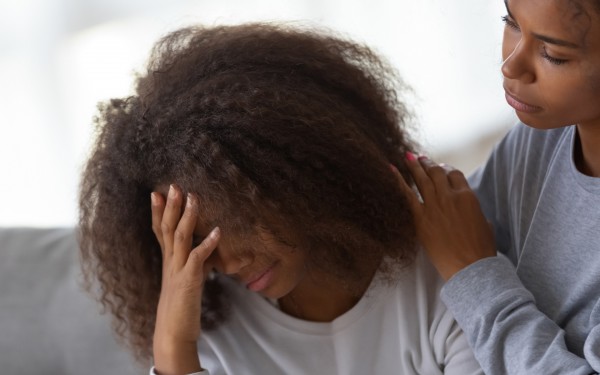
Saying goodbye in your own way:
If you don't feel comfortable going to a funeral, or if you are not able to attend (e.g. because of Coronavirus restrictions), here are some other ways to say goodbye to your loved one:
- Create a memory box
- Write a letter to the person
- Choose a significant day to celebrate them each year
- Plant some flower bulbs to symbolise new life
- Share memories with family and friends
How do I help someone going through grief?
Find out how to support someone else who is grieving and how they might react.


Support
Grief can feel very lonely, so reassuring your friend or loved one that you are there for them can help them feel supported and less isolated.
Reflect
Reflecting on time spent with the person they’ve lost can help a bereaved person feel close to them. If it feels appropriate you could listen to music that reminds your loved one of the person, or share photos and memories of them together.


Accept
We all grieve differently, and some people might not want to talk about how they’re feeling. If they don’t feel comfortable talking with you, that’s their choice and it’s not personal.
If you're worried about a friend and want some more advice about how to support them, click here.

Get Help
If you feel that your grief is getting in the way of your day to day life, it may be a good idea to get some help.
Click here to find mental health support services in your area
